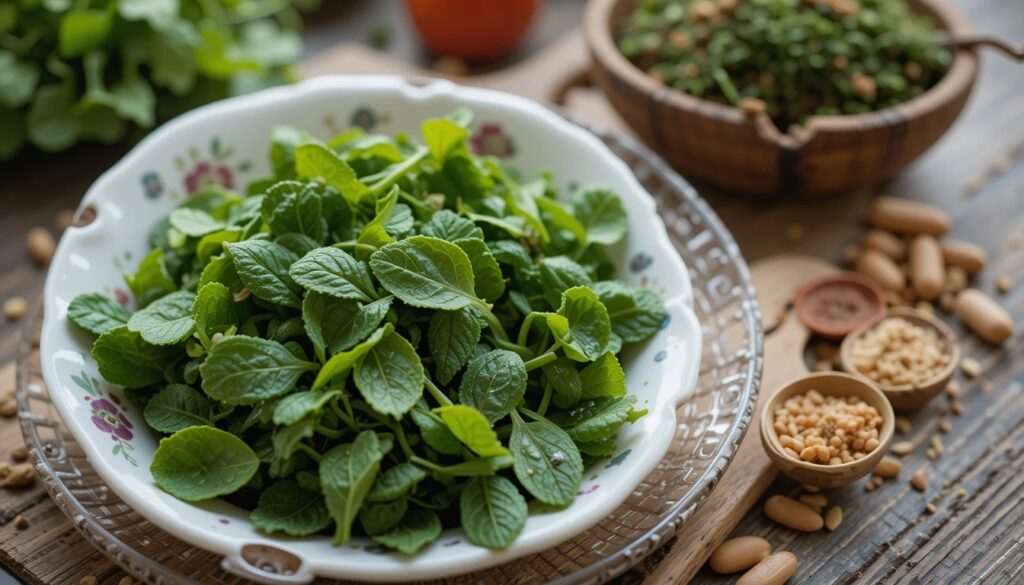6 Underrated Nutrients to Build Muscle Beyond Protein
When it comes to muscle building, protein often takes center stage. However, focusing solely on protein means you might miss out on other vital nutrients. These nutrients play critical roles in muscle growth, repair, and performance. Understanding these lesser-known contributors can help you optimize your fitness journey and achieve better results. Below, we explore six underrated nutrients that are essential for building muscle.
1. Zinc: The Muscle Recovery Mineral
Zinc is a powerful mineral that contributes to muscle repair and growth. It plays a key role in protein synthesis, which is the process of building muscle fibers. Without adequate zinc levels, your body struggles to repair muscle tissue after intense workouts.
How Zinc Supports Muscle Growth
Zinc is essential for the production of testosterone, a hormone heavily involved in muscle development. Low levels of zinc can lead to decreased testosterone, which impacts muscle recovery and strength gains. Moreover, zinc supports immune health, keeping your body resilient during intense training cycles.
Best Food Sources of Zinc
To boost your zinc intake, include foods like oysters, beef, and pumpkin seeds in your diet. Plant-based sources such as lentils and chickpeas also provide zinc, though in smaller amounts. Supplements are another option if dietary sources are insufficient.
2. Magnesium: The Energy Booster
Magnesium is often overlooked, but it is vital for energy production and muscle function. This mineral helps your body convert food into usable energy, which is crucial for powering through workouts.
Magnesium’s Role in Muscle Function
Magnesium regulates muscle contractions by balancing calcium levels in muscle cells. It prevents cramps and spasms, ensuring smooth muscle movements. This is especially important for athletes who engage in high-intensity activities.
Where to Find Magnesium
Leafy greens like spinach and kale are excellent sources of magnesium. Nuts, seeds, and whole grains also provide significant amounts. For individuals with magnesium deficiencies, supplementation can be beneficial.
3. Iron: Fuel for Strength
Iron is another nutrient often associated with energy, but its impact on muscle health is equally important. Iron transports oxygen to your muscles, enabling them to perform at their best.
Iron’s Importance in Oxygen Delivery
When you exercise, your muscles demand more oxygen to sustain performance. Iron ensures that red blood cells can carry sufficient oxygen to meet these demands. A lack of iron can lead to fatigue and hinder workout intensity.
Iron-Rich Foods
Red meat, poultry, and fish are among the best sources of heme iron, which is highly absorbable. Plant-based options like lentils and tofu offer non-heme iron, which can be paired with vitamin C to enhance absorption.
4. Creatine: The Strength Enhancer
Creatine is a well-researched compound that enhances muscle performance and growth. It provides immediate energy for high-intensity, short-duration activities like weightlifting and sprinting.
How Creatine Works
Creatine replenishes adenosine triphosphate (ATP), the primary energy currency of your cells. This allows you to push harder and lift heavier weights, leading to greater muscle growth over time.
Sources of Creatine
Creatine is naturally found in red meat and fish. However, to achieve performance-boosting levels, supplementation is often recommended. Creatine monohydrate is the most effective and widely studied form.
5. Vitamin C: The Collagen Builder
Vitamin C is commonly associated with immune health, but it also plays a crucial role in muscle recovery. This vitamin aids in the production of collagen, which strengthens connective tissues.
Vitamin C’s Role in Recovery
Collagen is essential for maintaining the integrity of tendons and ligaments. Strong connective tissues reduce the risk of injuries, allowing you to train consistently. Vitamin C also helps combat oxidative stress caused by intense workouts.
Top Sources of Vitamin C
Citrus fruits like oranges and grapefruits are excellent sources of vitamin C. Other options include strawberries, bell peppers, and broccoli. Including these foods in your diet ensures adequate intake.
6. Calcium: The Muscle Contraction Catalyst
Calcium is best known for its role in bone health, but it is also critical for muscle contractions. Without sufficient calcium, muscles cannot contract and relax efficiently.
Calcium’s Function in Muscle Performance
Calcium interacts with proteins in muscle fibers to enable contractions. It also supports nerve signaling, which is essential for coordination and strength during exercise.
Sources of Calcium
Dairy products like milk, cheese, and yogurt are rich in calcium. For those who avoid dairy, fortified plant-based milks, leafy greens, and almonds are excellent alternatives.
Conclusion
Building muscle requires more than just protein. Nutrients like zinc, magnesium, iron, creatine, vitamin C, and calcium play vital roles in muscle growth, recovery, and performance. Incorporating these nutrients into your diet ensures a balanced and effective approach to muscle building. By addressing all aspects of nutrition, you set yourself up for long-term success in your fitness journey.

